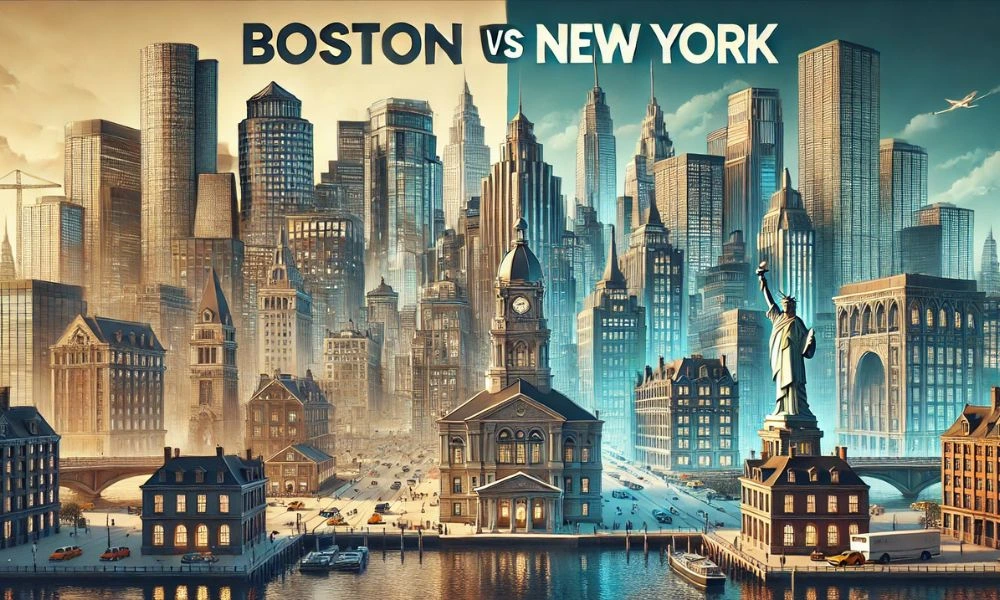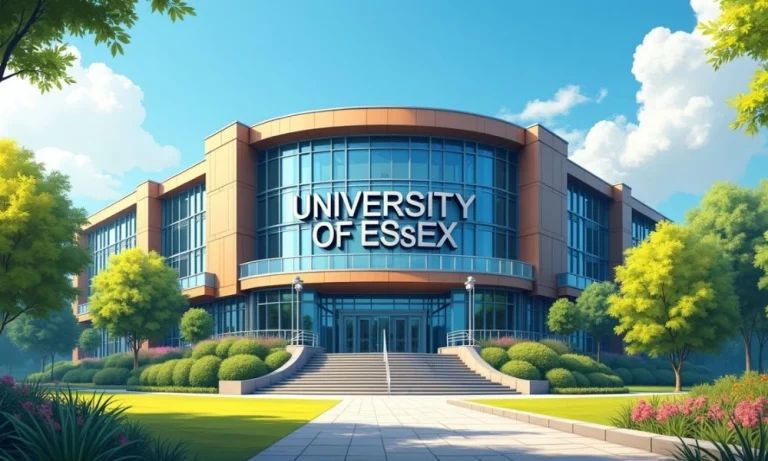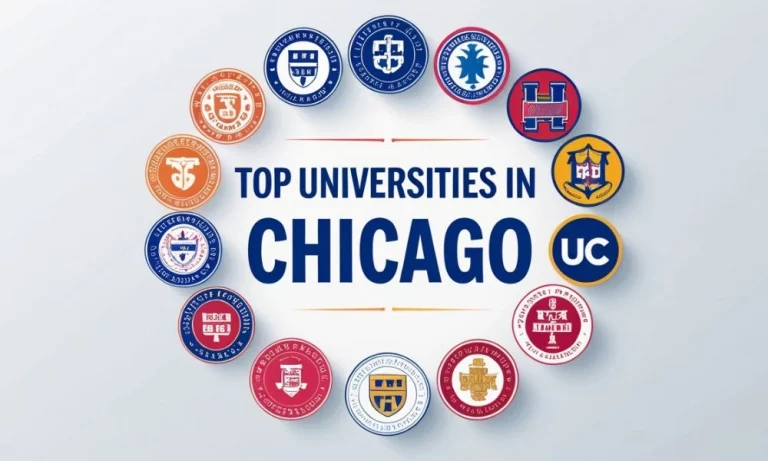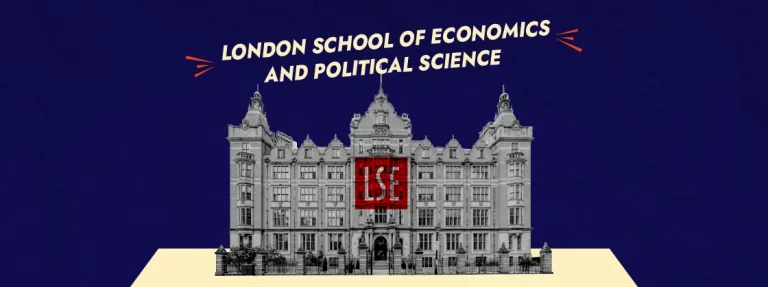Table of Contents
Choosing between Boston and New York City for post-graduation careers is a significant decision for students and professionals alike. These two iconic cities offer unique job markets, industries, and earning potentials. While Boston is renowned for its dominance in STEM, biotechnology, and healthcare, New York City shines as a global hub for finance, media, and fashion. Both cities have their strengths, with Boston providing a thriving innovation-driven ecosystem and NYC excelling in its fast-paced, competitive industries. Whether you’re seeking academic-inspired careers or dynamic global networking, understanding the average salaries and employment opportunities is key to making an informed choice.
Boston vs New York: Size and Population
When it comes to size and population, Boston and NYC differ drastically. Boston is a smaller, more compact city, offering a blend of historical architecture and modern urban amenities. It’s known for its walkable neighborhoods and tight-knit community. NYC, on the other hand, is a sprawling metropolis with an unmatched density, offering the ultimate urban lifestyle spread across five vibrant boroughs. So, for those who value a more manageable city with a close community feel, Boston may be the right choice. But for people who thrive in bustling, dynamic environments, NYC has no parallel. Below is the table comparing Boston vs New York in terms of size and population:
| Feature | Boston | New York City |
| Area | 48.4 sq. miles | 302.6 sq. miles |
| Population | ~700,000 | ~8.4 million |
| Population Density | ~14,000/sq. mile | ~28,000/sq. mile |
| Key Appeal | Walkable, historic, close-knit | Diverse, vibrant, global |
| Ideal For | Relaxed lifestyle, easy navigation | Fast-paced lifestyle, professional growth |
| Main Highlights | Educational institutions, green spaces, and historic landmarks | Skyscrapers, diverse neighborhoods, and 24/7 culture |
Boston vs New York: Cost of Living
When considering a move to Boston or New York City, the cost of living is a critical aspect for students and residents alike. Both cities are among the most expensive in the United States, but they differ in how these costs are distributed. NYC is infamous for its sky-high housing prices, especially in Manhattan, while Boston, though still costly, provides marginally more affordable options in housing, dining, and utilities. Let’s explore the nuances of cost of living in Boston vs New York city:
| Expense Category | Boston | New York City |
| Rent (1-Bedroom) | $2,500–$3,500 — Boston offers slightly more affordable rents, making it appealing for students and professionals. | $3,000–$4,500 — NYC’s housing costs soar, especially in Manhattan, where prime locations demand a premium. |
| Groceries | $350–$500/month — Groceries are relatively affordable, with access to local markets and chains. | $400–$600/month — NYC’s grocery costs are higher due to logistics and demand but vary by neighborhood. |
| Utilities | $150–$200/month — Boston utilities align with the national average, balancing affordability with quality. | $120–$180/month — Utilities are slightly lower in NYC but fluctuate depending on seasons and demand. |
| Dining Out | $12–$20/meal — Dining is slightly more affordable, with cozy cafes and local eateries offering budget options. | $15–$25/meal — NYC offers diverse cuisines, but dining out comes at a higher price, especially in Manhattan. |
| Public Transport | $90/month — Boston’s MBTA offers reliable and budget-friendly transportation options for city commuters. | $127/month — NYC’s 24/7 subway system justifies its higher cost, offering unmatched convenience. |
Boston vs New York: Transportation
Transportation plays a crucial role in shaping daily life, especially for students and professionals seeking convenience and affordability. Both Boston and New York City offer robust public transportation systems, but the experience differs based on city size, commuting patterns, and infrastructure. While Boston’s compactness fosters a walkable lifestyle, NYC’s iconic 24/7 subway system ensures constant connectivity across its sprawling boroughs. Below is the table comparing transportation cost in Boston vs New York:
| Feature | Boston | New York City |
| Primary Transport | MBTA (“The T”), walking — Boston’s efficient MBTA system connects the city and suburbs through subways, buses, and commuter trains. Walking is a popular option due to its small size. | Subway, buses, walking — NYC’s vast subway system ensures seamless connectivity across five boroughs. Walking is prevalent, especially in Manhattan. |
| Monthly Pass Cost | $90 — Affordable and covers unlimited rides on the MBTA network, including buses and commuter rails. | $127 — Higher than Boston but justified by 24/7 operation and extensive coverage, including express lines. |
| Operational Hours | 5 AM–Midnight — MBTA offers reliable service but with limited late-night options. | 24/7 — NYC subway’s non-stop service is a lifesaver for late-night commuters and professionals working odd hours. |
| Cycling Options | Popular — Boston encourages cycling with bike lanes and bike-sharing programs like Bluebikes. | Growing but less common — NYC is expanding its cycling infrastructure with Citi Bike stations across the boroughs, though cycling remains secondary. |
| Traffic Congestion | Moderate — Boston experiences traffic during peak hours, but its compact layout reduces dependency on cars for intra-city travel. | High — NYC’s dense population and reliance on cars in outer boroughs lead to heavy congestion, especially in Manhattan during rush hours. |
Boston vs New York: Education opportunities
Both Boston and New York City stand as global educational powerhouses, each offering unique opportunities for students. From prestigious universities to vibrant student cultures, these cities provide unparalleled academic and professional growth. Boston is often celebrated for its emphasis on research, technology, and healthcare, while NYC shines as a dynamic hub for business, media, and the arts. Depending on your field of interest and preferred learning environment, one city might suit your needs better than the other. Below is the comparative table of education opportunities in Boston vs New York:
| Feature | Boston | New York City |
| Top Universities | Harvard, MIT, Boston University | Columbia, NYU, CUNY |
| Annual Tuition Fees | $40,000–$60,000 | $45,000–$70,000 |
| Popular Fields | STEM, Medicine, Research | Business, Arts, Media |
| Student Population | ~150,000 | ~500,000 |
| Campus Environment | Compact, research-focused | Urban, industry-integrated |
| Key Strengths | Academic rigor, close-knit student culture | Networking, diverse cultural exposure |
Boston vs New York: Accommodation
Finding the perfect accommodation is often one of the most significant concerns for students heading to a new city. Both Boston and New York City offer a variety of housing options ranging from university dormitories to private rentals. While Boston’s housing market caters heavily to its large student population, NYC provides a broader spectrum of choices, albeit at a higher cost. Whether you’re looking for proximity to your university or a vibrant neighborhood, understanding the housing landscape in these cities is crucial. Below is the comparative table of accommodation options in Boston vs New York:
| Feature | Boston | New York City |
| On-Campus Housing Cost | $1,000–$1,500/month | $1,200–$2,000/month |
| Off-Campus Housing Cost | $1,200–$2,000/month (shared) | $1,800–$3,500/month (shared) |
| Popular Areas | Cambridge, Allston-Brighton | Brooklyn, Queens, Manhattan |
| Utilities | $150–$200/month | $120–$180/month |
| Housing Availability | Moderate, but student-centric | High demand, limited in central areas |
| Key Appeal | Affordable, tailored for students | Vibrant, diverse, but costly |
Key Takeaway: Boston is ideal for students looking for affordable, student-centric housing close to educational institutions. New York City, while costlier, provides a vibrant housing experience with access to diverse neighborhoods and urban amenities.
Boston vs New York: Average Salary
When choosing between Boston and New York City, understanding the average salary and job market dynamics is crucial, especially for students and professionals planning to settle post-graduation. Both cities boast robust economies but cater to different industries, offering varied earning potential and career paths.
Boston: High Salaries in STEM and Healthcare
Boston’s economy thrives on its strength in biotechnology, healthcare, and education, making it an ideal city for those seeking careers in STEM or academic fields. Entry-level salaries in Boston range from $50,000 to $70,000 annually, with significant growth opportunities as professionals gain experience. Institutions like Harvard and MIT contribute to a culture of innovation, attracting employers looking for top talent. The city’s moderate cost of living (compared to NYC) allows for a better work-life balance.
New York City: A Financial Powerhouse
NYC is synonymous with industries like finance, media, and fashion, offering some of the most competitive job opportunities in the world. Entry-level salaries average $55,000 to $75,000 annually in NYC, with top-tier roles in finance and media commanding even higher paychecks. However, NYC’s high cost of living often offsets the earning potential. The city’s global reputation and networking opportunities attract ambitious professionals ready to compete in a high-paced environment.
| Feature | Boston | New York City |
| Entry-Level Salary | $50,000–$70,000 | $55,000–$75,000 |
| Top Industries | Healthcare, Biotech, Education | Finance, Media, Fashion |
| Unemployment Rate | ~3.4% | ~4.2% |
| Job Market Competitiveness | Moderate | High |
| Post-Graduation Employment | 88% within six months | 85% within six months |
| Key Appeal | Innovation-driven industries, growing tech sector | Global networking, industry diversity |
Conclusion
Both Boston and New York City have much to offer, but the choice depends on your career aspirations and lifestyle preferences. If you’re passionate about healthcare, education, or biotech, Boston’s moderate job market and balanced living expenses might be the perfect fit. On the other hand, if you’re drawn to the energy of finance, media, or fashion, NYC’s competitive edge and unparalleled networking make it the place to be. With the average salary ranges and industries clearly laid out, you’re equipped to decide which city aligns with your professional and personal goals. Whatever your choice, both cities promise rewarding opportunities and vibrant urban experiences.
[faq id=”17032″]


















